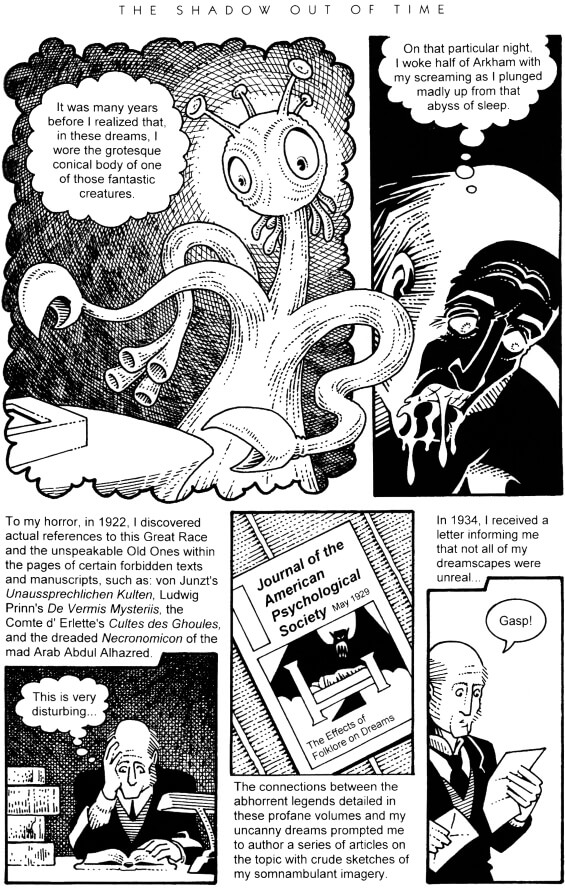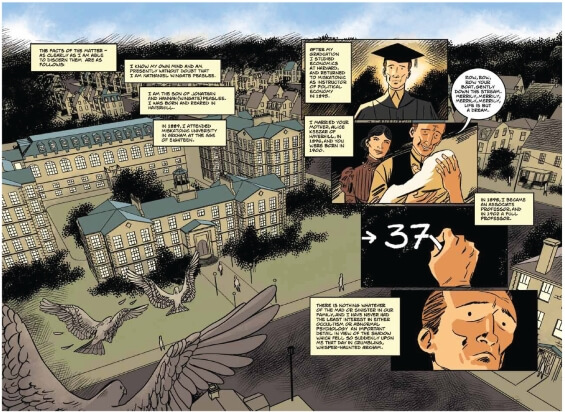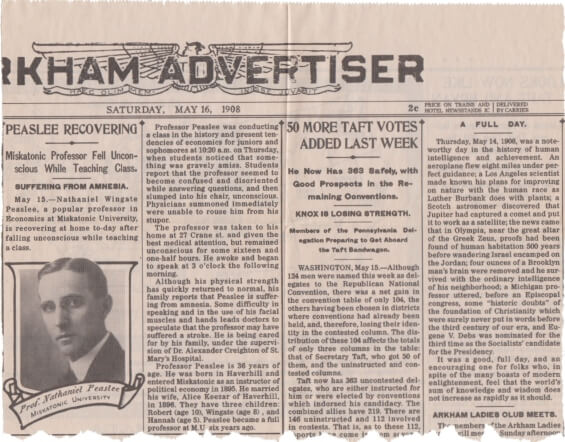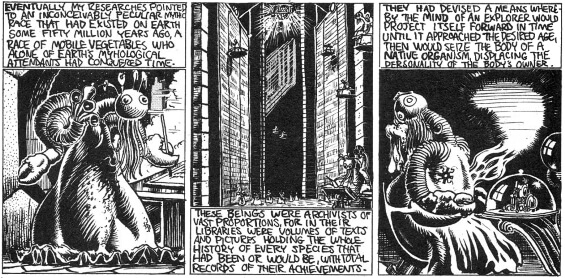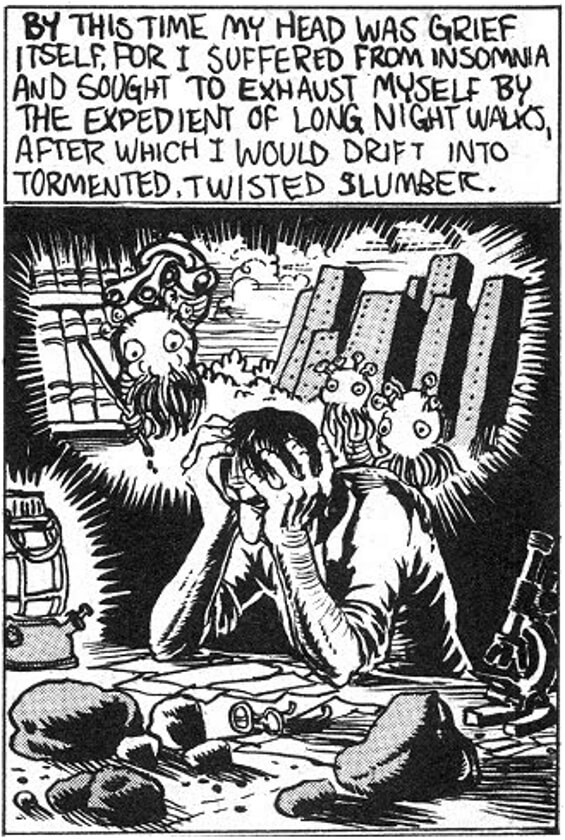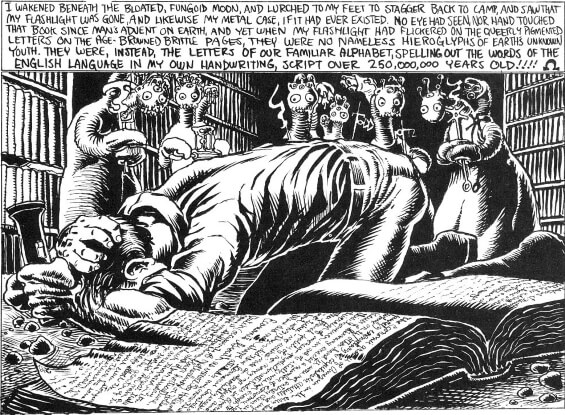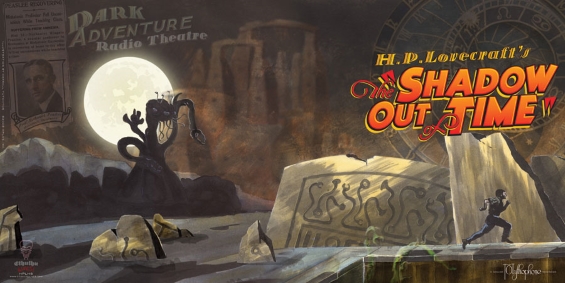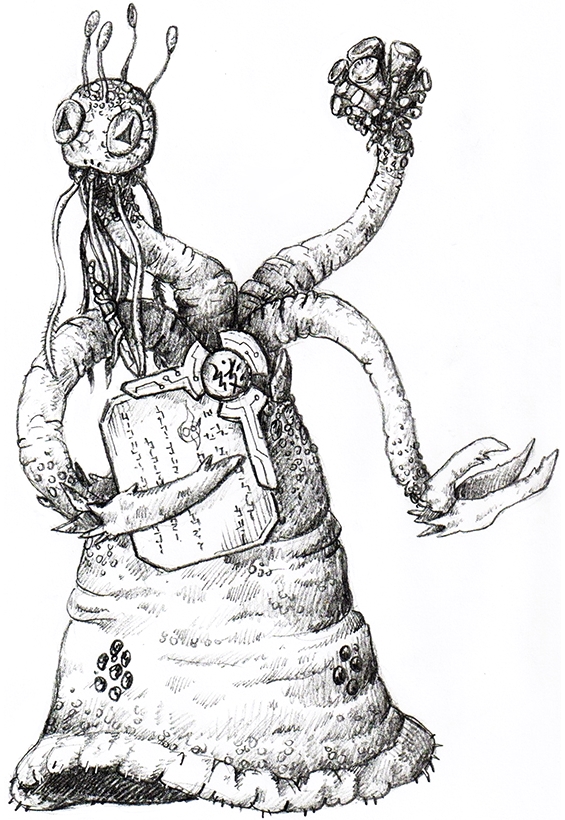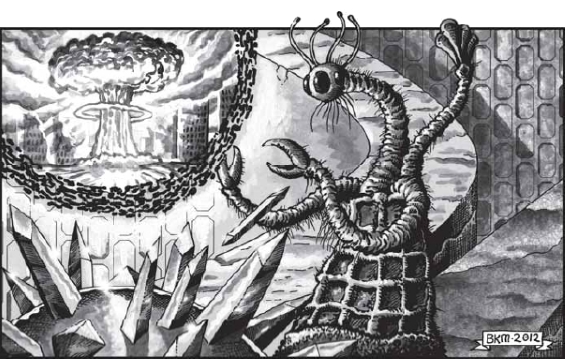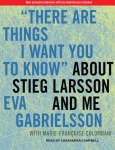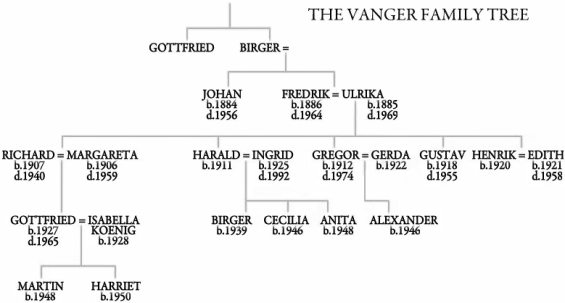
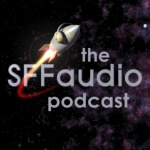 The SFFaudio Podcast #493 – Jesse, Scott, Paul Weimer talk about the Tau Zero by Poul Anderson.
The SFFaudio Podcast #493 – Jesse, Scott, Paul Weimer talk about the Tau Zero by Poul Anderson.
Talked about on today’s show:
1970, a storylet, a novelette, a novella, To Outlive Eternity, the title is a “SPOILER!” for the novel’s premise, the revised title, surprises, how it ends, keeping it hard SF, suddenly a fantasy, its not Earth, dragons, genetics, some resonance with Genesis, keeping it plausible, as hard as he could possibly make it, cosmic background radiation, relativistic speeds, Bussard ramjets, overestimating interstellar hydrogen, beyond the boundaries of the universe, great detail, world building loving detail, faster and faster, no big crunch, dark matter/dark energy, sadder and darker, a disaster book, 2.5-3 hours in, the narrator, the singing of the poetry, a conspiratorial voice, a slow start, accelerating, the format mirrors the speed of the ship, we’re on a planet – the end, starting 10 years into the novel, “they were doomed to roam space for all eternity” – people didn’t care about spoilers in 1967, what am I doing when they’re not doing disaster stuff, the other element of SF, is all of this about birth control?, the consequences of the pill, Catholic boys, ethics of relationships, were it written today…, not equal representation, is Jesse unfair to today’s science fiction?, dealing with this a lot, jealousy, relationships, conversations about who is sleeping with who, the subplot about a lady getting pregnant, sexual revolution, new when he wrote it, novel for the people then, a colonization program, something that Heinlein has dealt with, Larry Niven, psychology, feels like a Frederik Pohl novel, sensory deprivation, secrets, gotta fill those pages somehow, a back seat to step up, the characters are so bad, 25 men 25 women, 10 is too many, as Scott thinks about the book, things happening to the ship, the lives of the people on board, a few eye rolling things, 50 years ago, and even the women would be able to do this, we gotta have a party, these are human needs, a lot of that was uninteresting, it didn’t ring true, told from the wrong point of view, Golden Fleece by Robert J. Sawyer, a similar setup, a murder mystery, told from the A.I.’s POV, a reason to care, Swedes in space, hanging out at cafes, a whole novel, Sweden’s going to become the Roman Empire, a major figure in science fiction, the way Anderson goes after Scandinavian stuff in there, Roger Zelazny, Irish mythology, fear not Paul, Iceland, how this world was developing, the history of the Roman Empire, Dominic Flandry, The Psychotechnic League, world government, space traders in space, two future histories, Baen Books, what kind of Poul Anderson you want, Lenora Christine, a prison biography, Denmark, resonance for the plot, a poem, Aniara by Harry Martinson
Aniara is an effort to “[mediate] between science and poetry, between the wish to understand and the difficulty to comprehend.” Martinson translates scientific imagery into the poem: for example, the “curved space” from Einstein’s general theory of relativity is likely an inspiration for Martinson’s description of the cosmos as “a bowl of glass.” Martinson also said he was influenced by Paul Dirac.
he’s influenced by stuff, sagas, Three Hearts And Three Lions, Planet Stories, Boat Of A Million Years, 1970, nominated fro a Hugo, Ringworld, vestigial, aliens, you don’t say “I love characters”, you like his aliens and his scale of ideas, a big idea at its core, reproductive freedom, Hal Clement, Robert Silverberg, William Tucker, a new audiobook, exploring Poul Anderson, Bronson Pinchot, The Broken Sword, Flandry stories, connecting with Anderson, The High Crusade, along the same lines, Writers Of The Future Volume 23, (2007), Primetime by Douglas Texter, a time machine that can only go forward in time, watching history pass, 10 minutes long, 1955, Flight To Forever, forward to the future, helping a star empire out, The Accidental Time by Joe Haldeman, done twice, our tau is approaching zero, maybe the whole purpose of the novel: meaning, thinking about people back on Earth, how there’s no meaning to anything, they’re journey on the spaceship is of no value in itself, commuter bus value, keeping your regular goals in order, The Commuter by Philip K. Dick, travel for work vs. travel for tourism, newness, the journey was the point of it, the Paris Metro, did you feel this in the book?, the existential angst people are suffering from, the boring opening scene, a celebrity at the cafe, underdeveloped?, looking at our own lives, headed toward that goal, lonely at the goal’s end, after this I’ll do that, on to the next thing, what our purpose is, a shift, a lot to explore there, a breakthrough of some kind, hobbies, fighting with foils, what with the dragons there now…, meaning in progeny, passing all this knowledge down, a religious book, a whole abortion debate, seven months pregnant, the problem of resources, an actual debate, earwax and toenails, recycling, a discussion about resources and meaning, unlimited births, how people in regular life find meaning, Scott has kids and found meaning, there’s something going on, an epic time scale, the end is rushing towards us, an act of faith, too short for Scott?, a philosophical novel, what is meaning?, what is purpose?, the prefect setting to explore that, removing the things we all assume, “libertarian” is a slur, Rand Paul, Ron Paul, neoliberalism, neoconservationism, women can sleep with who they want, with only 50 people how could you not be communist?, no room to be libertarian, more rightward drifting over time, hard to imagine a libertarian generation starship, a generation starship that orbits one star, this concept of libertarianism is nearly confined to the United States, a scandophile?, the rude American, who is funding this spaceship?, the cultural dominant country, the international crew, dragon bone work, their new world, a premonition about standing on a hill, that which is spread out before you, a man stood with his woman, cinnamon, iodine, and horses, poetic beautiful, the ending is the best part of the book, the existential worries just disappear, it’s gone for the reader, sleeping too much, what is the purpose of existence?, you can’t just watch old movies – that’s no way to live, heavy metals, we’re not saying were not going to not have nuclear war, a new beginning is all you need to get rid of that existential god, “here you go, bud”, one of the amazing things about the Fallout games, Fallout 3 and 4, and New Vegas, that sense of a new beginning, a sense of freedom, an invisible wall, I can go any direction, I have my own fate in my own hands and I can see ahead of me, being presented with the New Earth, you can’t recapture that except by playing another game, why the ending works really well.
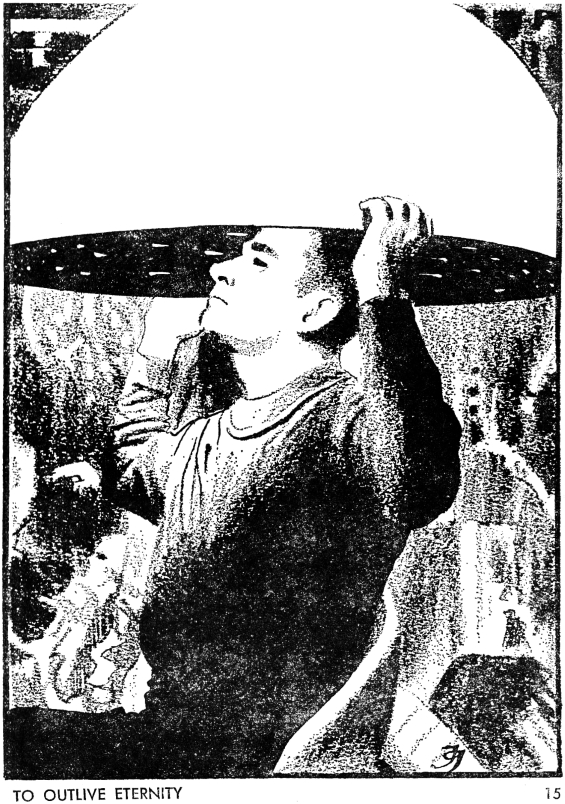
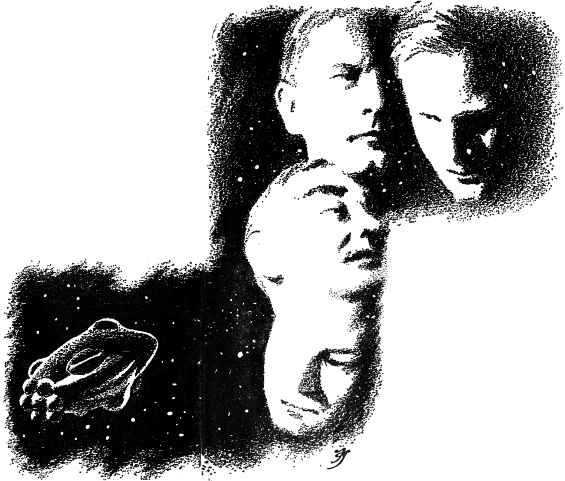
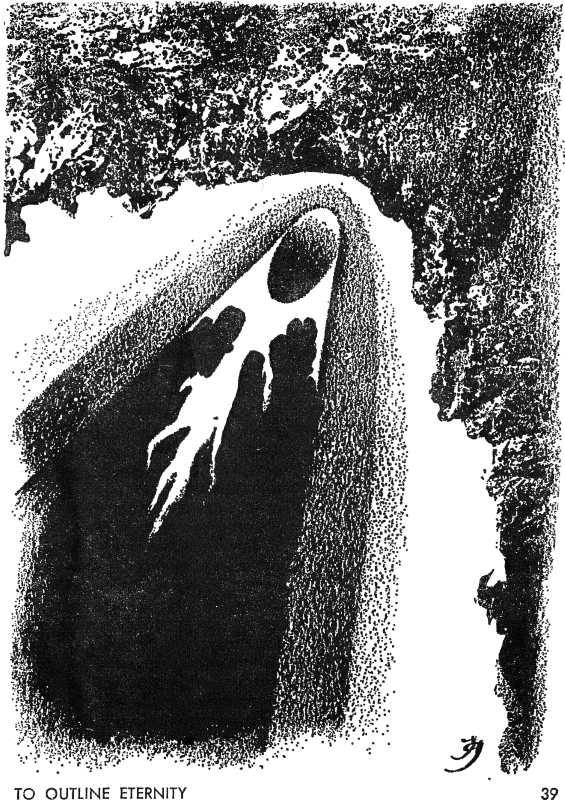
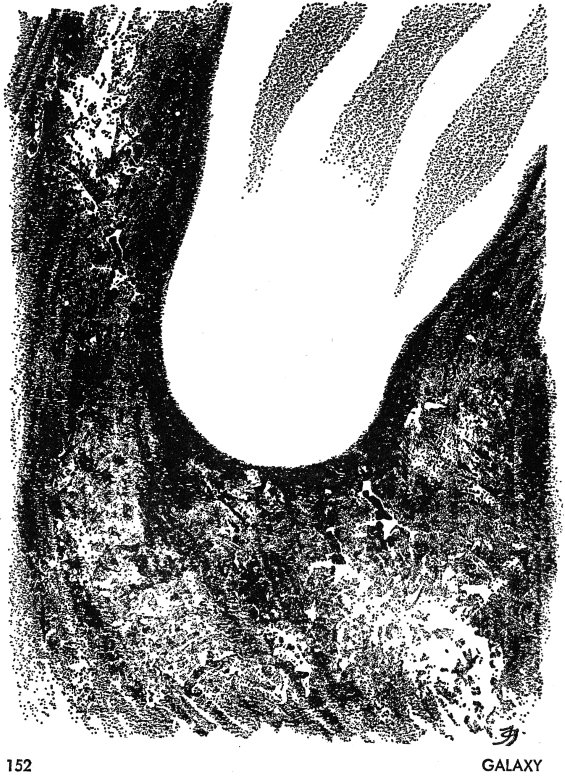
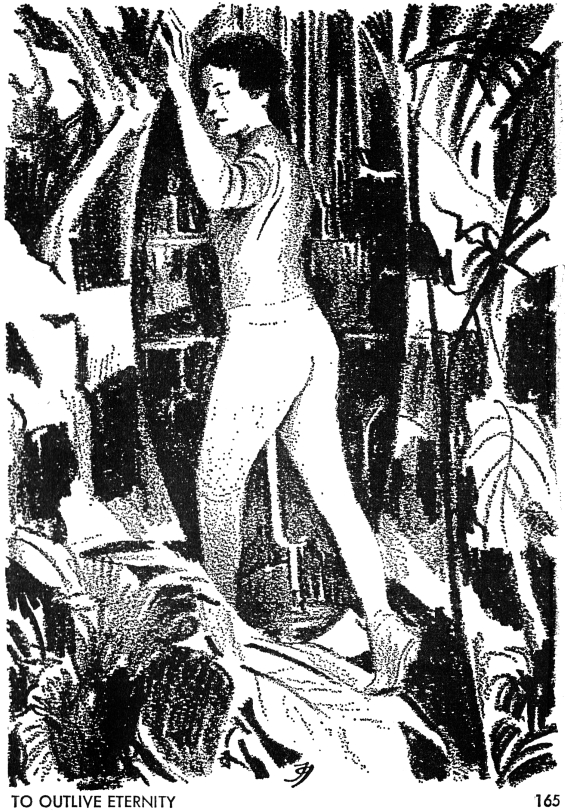
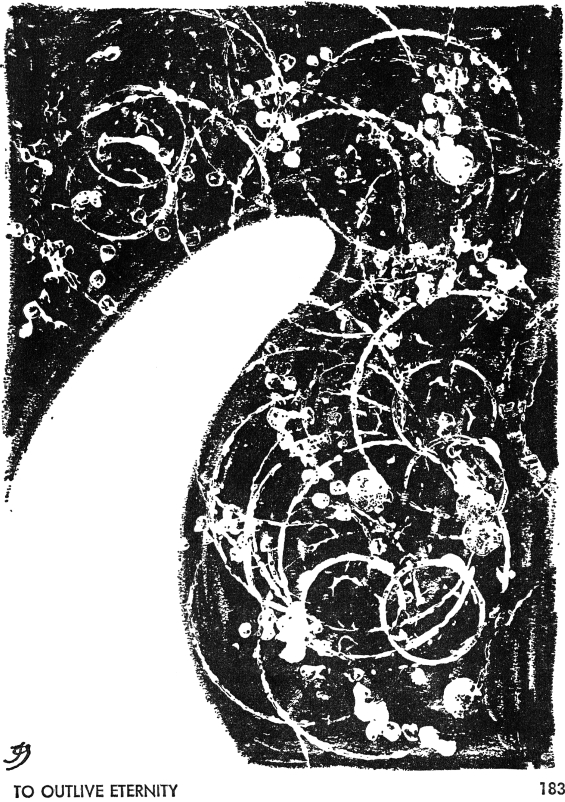
Posted by Jesse Willis

